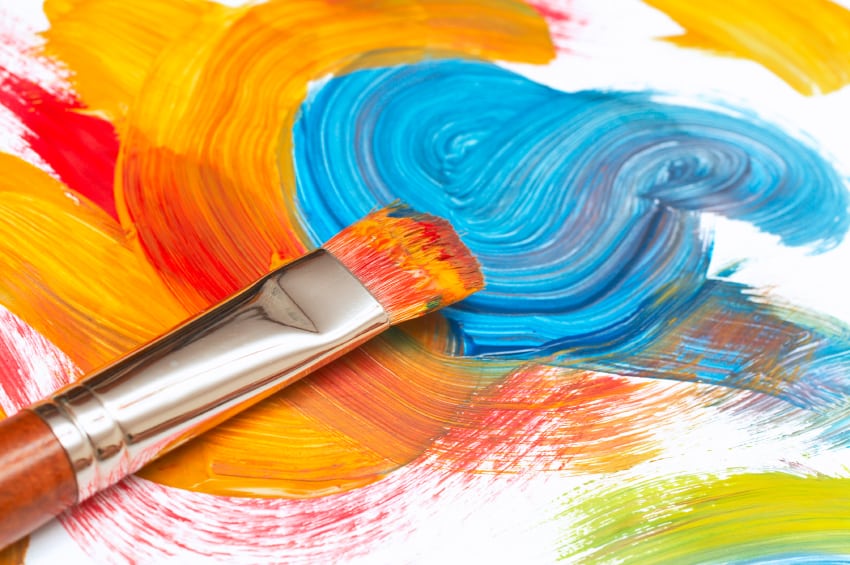(1) TO BRUSH AS CEPILLAR
When we use this term to describe using a brush to clean something or someone or to groom someone’s hair, we translate “to brush” as “cepillar”:
- Siempre cepilla sus botas antes y después de montar a caballo. He always brushes his boots before and after riding his horse.
- Ella se cepilla el pelo varias veces por día. She brushes her hair several times a day.
(2) TO BRUSH AS ROZAR
When we use the verb “to brush” to describe a light touch against a person or an object, we translate it as “rozar”:
- Ella le rozó el brazó para llamar su atención discretamente. She brushed his arm to get his attention discreetly.
- No había mucho espacio y teminé rozando el auto contra la pared del estacionamiento. There wasn’t a lot of space, and I ended up brushing the car against the wall of the parking lot.
(3) TO BRUSH AS PINCELAR
When we talk about the process of using a brush to paint a picture or to cover a surface with paint or other materials, we translate “to brush” as “pincelar”:
- Sorolla se caracterizó por pincelar escenas cotidianas y paisajísticas de la vida mediterránea. Sorolla was known for using his brush to paint everyday scenes and landscapes of Mediterranean life.
- Antes de poner las empanadas en el horno, se puede pincelar un poco de huevo batido para darles más brillos. Before placing the empanadas in the oven, you can brush them with some whisked eggs to make them shinier.




